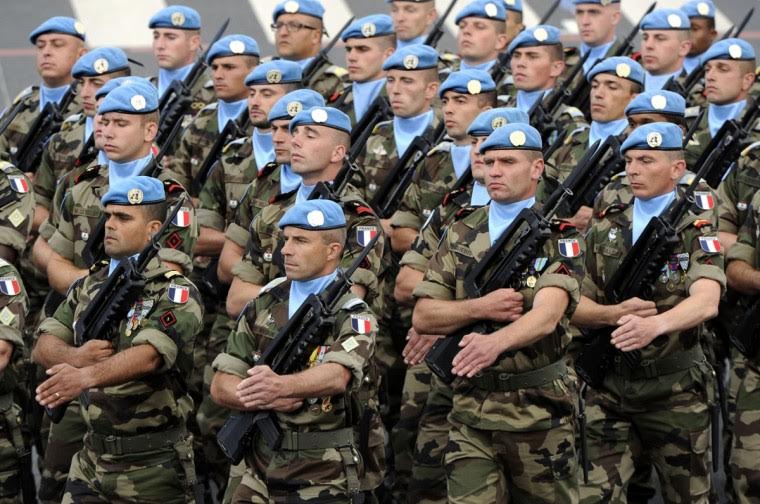Beirut, London- Syrian opposition sources uncovered to Asharq Al-Awsat on Thursday that the authorities in Damascus issued a decision to confiscate all the properties of Lebanon’s Prime Minister Saad Hariri in Syria and transfer them to the ownership of the state, after Hariri accused the neighboring country of financing and arming terrorists.
The Syrian regime had issued a decision at the start of 2013 to confiscate the properties of Hariri. Last Aug. 22, the Syrian Justice Ministry issued a decree to follow-up on the implementation of the previous decision at the Finance Ministry’s Directorate of Funds Confiscated and Seized Properties.
The decree for the confiscation of movable and immovable property came as part of a series of decisions issued by the Syrian authorities against anti-Assad politicians, intellectuals and opposition activists.
Asharq Al-Awsat received a copy of the Syrian decree. However, the newspaper could not confirm its accuracy from an independent source.
Meanwhile, Lebanon’s Foreign Minister Jebran Bassil said in an interview with Asharq Al-Awsat that demands proposed by the US and Israel for UNIFIL’s mission to be expanded as part of UNSC Resolution 1701, “could have threatened the presence of the peacekeeping force in Lebanon and the stability witnessed at the southern Lebanese border since the end of the 2006 war with Israel.”
On Wednesday, the mandate for UNIFIL was extended for another year, after much wrangling with the US over the peacekeeping force tasked with monitoring a ceasefire between Hezbollah and Israel, AFP reported.
Diplomatic sources that attended the UN Security Council meetings in New York, said that Lebanon rejected the US and Israeli proposals, calling for the mandate to be renewed without changes.
The sources said Lebanon saw that those changes could affect the nature of UNIFIL’s mission in the south, which stipulates that the peacekeeping force operates only by the intermediary of the Lebanese Army with no right to be in direct contact with the Lebanese citizens.
Israeli and the US suggestions aimed to increase UNIFIL’s oversight activities in southern Lebanon by allowing the peacekeeping force to look for weapons and search the belongings and houses of Lebanese in the south.
